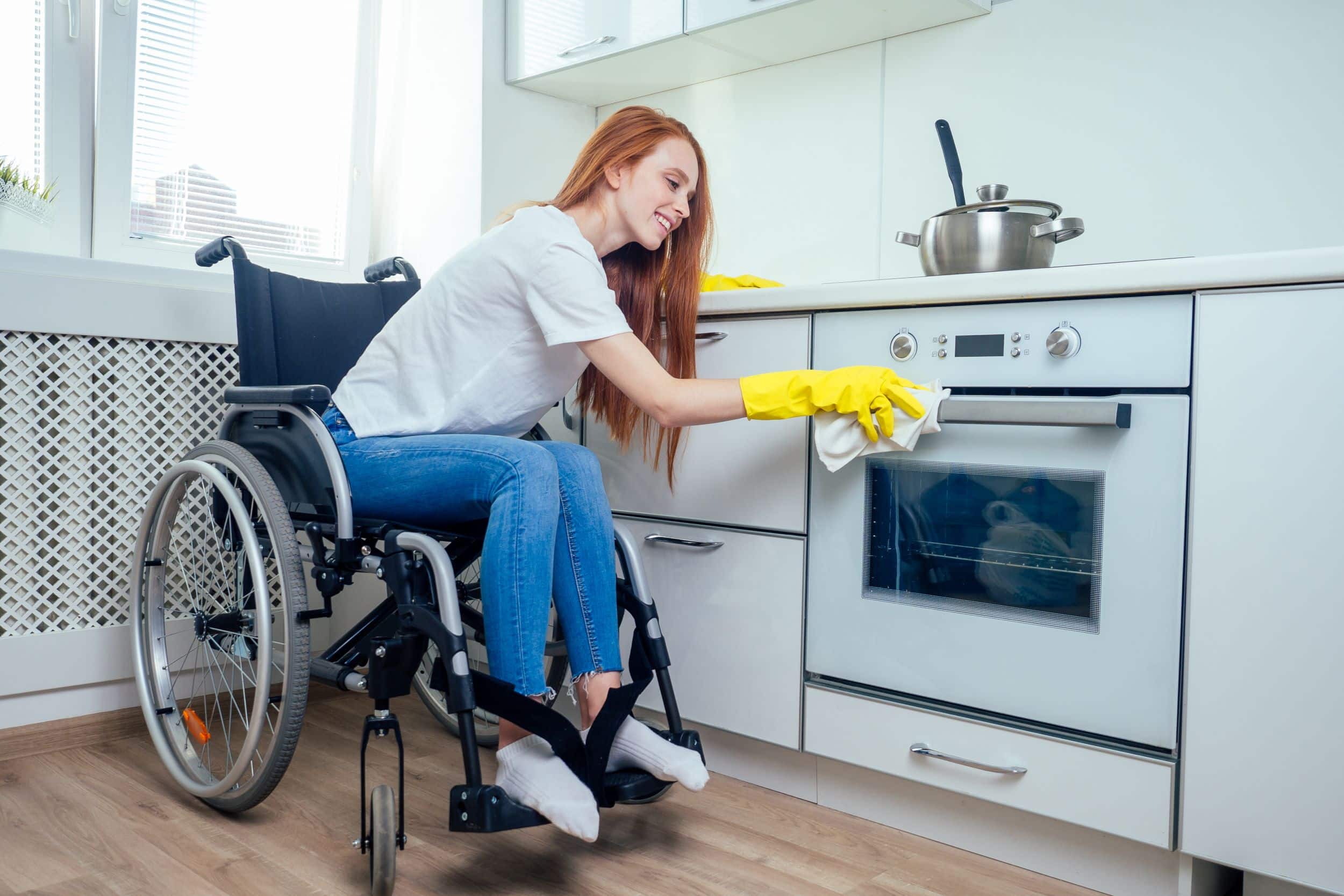Author
Roz Kalb , Psychologist
Close

31 Jan 2023 | ~6:03 Engagement Time
Chores – whether the indoor or outdoor kind – can sap your energy to the point that there’s not much left for the fun stuff. Think bed-making, vacuuming, laundry sorting, grocery shopping, lawn mowing, snow shoveling – and you’ll agree that nothing takes more out of you than these necessary chores. The good news is that these physically-demanding tasks also count toward the recommended 150 minutes per week of physical activity and exercise, but the trick is to do them in ways that leave you feeling energized and satisfied rather than drained and discouraged.
Let’s consider a few basic strategies first. The 4 P’s remind us to plan, prioritize, pace, and position for optimal efficiency and energy conservation. A 5th P – the power of tools and devices, reminds us that we never want to do things the hard way when there’s an easier way staring us in the face.
For example, if house-cleaning is on your to-do list for the week, the 5 P’s can help make this chore less of a drain on your energy.
Maybe we should add a 6th P – partnering. Even if you have prided yourself on keeping the house in order and clean as a whistle, it’s OK to share the work with others. Partners and children can assist in myriad ways. Family members can:
Outdoor chores have their own set of challenges, including weather and safety conditions. If you’re heat or cold sensitive, the 5 P’s are particularly important for conserving your energy and staying safe. Doing outdoor chores in extreme heat/humidity or cold, will sap your energy faster and leave you feeling tired and drained.
We all have tasks and chores that need doing – and getting them done is an accomplishment. A clean house or a nice yard can be sources of pride and satisfaction. The key is to do them wisely, in ways that conserve your energy and keep you safe. And give yourself grace if you can’t do all that you planned to do. Then, when the chores are done, rest up so you can move on to the fun activity you’ve planned as your reward.
Keeping Learning